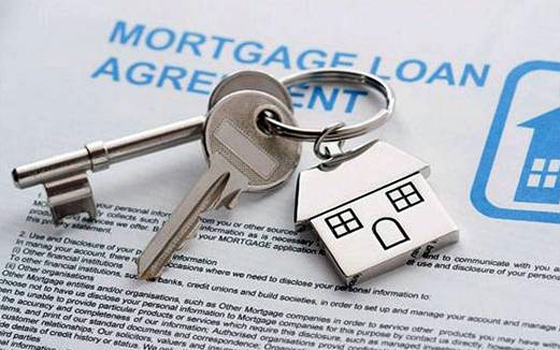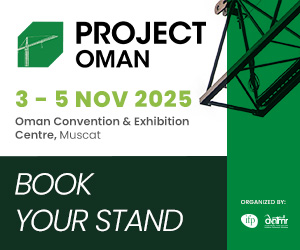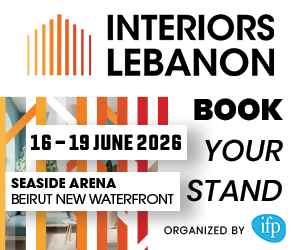Lebanese banks have provided 96,000 housing loans thanks to the soft loan initiative by the Central Bank, Governor Riad Salameh said.
“We have today 96,000 housing loans, resulting from excess liquidity available at the Central Bank without any risk on the currency stability. We translated these capabilities into an initiative that brought help to the society, because it is very important for each Lebanese to own a home,” Salameh said in a televised broadcast during the third Social Economic Awards ceremony organized by First Protocol at Casino du Liban over the weekend.
Salameh launched a $1.2 billion program this year to provide subsidized loans, of which most went to the housing sector in an attempt to revitalize the real estate market and allow low-income families to buy houses with low interest rates.
The governor also promised to launch a $800 million soft loan program in 2014 to inject liquidity into the market and achieve economic growth.
“The Central Bank has also launched other projects, especially at the environmental level because we suffer from problems there. This is not an economic issue only, because having a stable environment can improve the Lebanon’s image and mitigate health risks in the country,” Salameh said.
Salameh noted in his speech that Banque du Liban’s policy was based on enhancing the banking sector, and the historical increase in assets at BDL had no value if it didn’t help the Lebanese.
The governor stressed that the Central Bank had also focused on both alternative energy and technology.
“We turned our attention toward the alternative energy. Lebanon imports $6 billion of fuel to generate power, which constitutes a heavy price tag on every household. If we worked on alternatives to produce power, we save on each family’s budget and the balance of payments. BDL has tried to align economic benefits and turn them into values that can benefit the Lebanese,” Salameh explained.
“We set up some motivating programs that cover several sectors, especially those related to a knowledge-based economy, which can provide work for our citizens at home. We also evaluated for balance in the market to preserve liquidity so as to prevent those initiatives from becoming currency problems.”
Salameh added that the Central Bank was working with the European Investment Bank to access finances that would benefit the health care sector.
“Our economy is based mostly on SMEs [small and medium enterprises], and here, depending on what the architecture of the economic sectors will be in the future, the role of the companies will be greater. We work on establishing capital markets so as to enable family companies to transform from equities and individuals to shareholding firms, and thus allow them to increase their capitals and handle expensive projects while having a positive social impact. “
The organizers of the event distributed awards to prominent bankers and businessmen who had contributed to society and the country.
Former Minister Raymond Audi presented an honorary shield to the president of the Union of Arab Bankers, Dr. Joseph Torbey, who was selected as the man of the year.
The Daily Star
26 November










































































